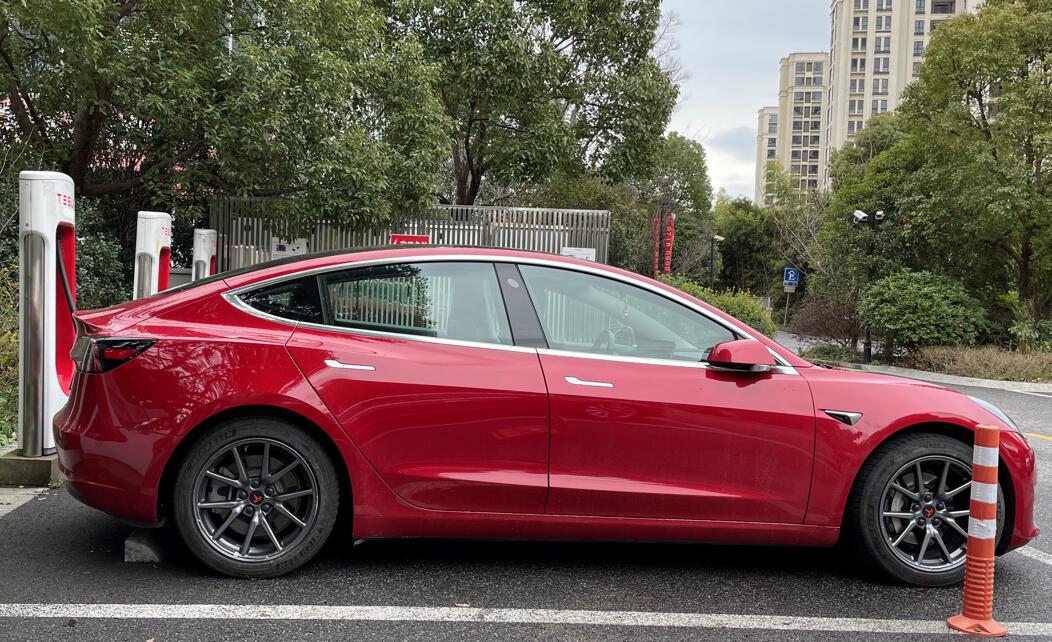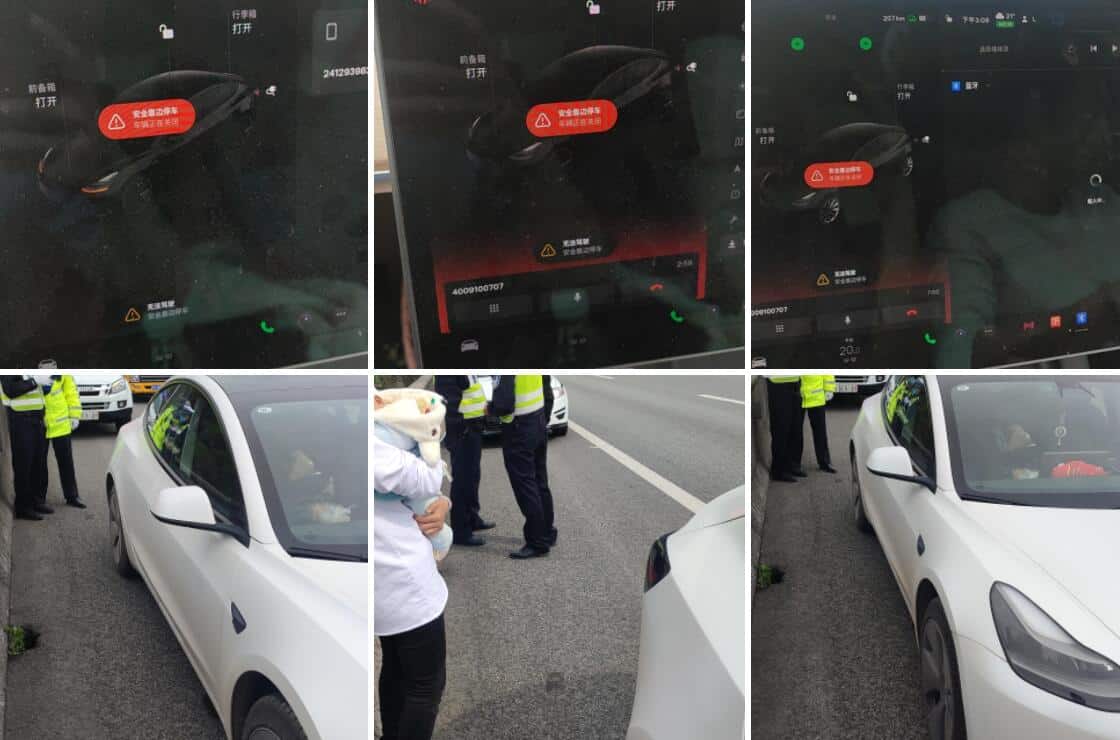The potential failure can cause the vehicle to fail to start if it occurs when the vehicle is in park, and can cause the vehicle to lose driving power if it occurs when the vehicle is in motion.
(Image credit: CnEVPost)
Less than two months after the last recall, Tesla (NASDAQ: TSLA) has recalled tens of thousands of vehicles in China once again.
Tesla China is recalling a total of 127,785 imported and China-made Model 3 vehicles with production dates between January 11, 2019 and January 25, 2022, effective April 7.
China's State Administration for Market Regulation (SAMR) website published the information today, stating that this includes 34,207 imported Model 3 vehicles and 93,578 locally manufactured Model 3 vehicles.
The rear motor inverter power semiconductor components of the vehicles included in the recall may have minor manufacturing differences, some of which may cause the rear inverter to malfunction after the vehicle has been in use for a period of time, causing the inverter to fail to control the current properly, according to the bulletin posted on the SAMR website.
If this failure occurs when the vehicle is in park, the vehicle will not start. And if the fault occurs when the vehicle is running, it will cause the vehicle to lose driving power, which in extreme cases may increase the risk of a vehicle collision, according to the bulletin.
Tesla will upgrade the motor control software for the recalled vehicles free of charge through the vehicle remote upgrade (OTA) technology.
For vehicles that cannot be recalled through OTA, Tesla will upgrade the motor control software for the vehicles to closely monitor their rear motor inverter and promptly replace the rear inverter with a related fault at no charge.
Users should drive the vehicle with caution before the software upgrade and contact a Tesla service center for service as soon as possible after the recall begins to be implemented, the recall announcement said.
The recall comes after a Model 3 owner reported on April 6 in a forum on the automotive website Dongchedi that he was driving on the highway when he experienced a sudden loss of power in his car.
The owner said he was driving at about 100 kilometers per hour when the screen suddenly said, "The vehicle can no longer be driven, please stop immediately."
He tried to press the accelerator pedal, but the car did not respond. Fortunately, however, he crossed two lanes safely and stopped at the side of the road.
((Image credit: Dongchedi)
Tesla last announced a vehicle recall in China on February 18, when it announced an immediate recall of a total of 26,047 China-made Model 3 and Model Y vehicles manufactured between December 28, 2020, and January 15, 2022, because of a software issue that could cause windshield defrost performance to degrade.
This includes 12,003 Model 3 and 14,044 Model Y vehicles that have a heat pump electronic expansion valve that moves slightly when positioned, but the software (versions 2021.44 through 2021.44.30.6) does not have a corrective feature.
This could cause the valve to partially open, causing the heat pump compressor to stop working and the in-car heating function to fail.
In that state, especially when the outside temperature of the vehicle is below -10 degrees Celsius, the windshield defrost system does not operate to achieve the defrosting effect specified in the regulations, according to the announcement at the time.
Tesla will carry out software upgrades for the vehicles in the recall area through OTA technology, so users do not need to visit a store to complete the recall, according to the announcement.
Prior to the February recall, Tesla announced on December 31 that it was recalling some imported Model S, imported Model 3 and locally produced Model 3 electric vehicles in China, totaling 199,741 units, because of safety hazards in the front trunk as well as the rear trunk.

